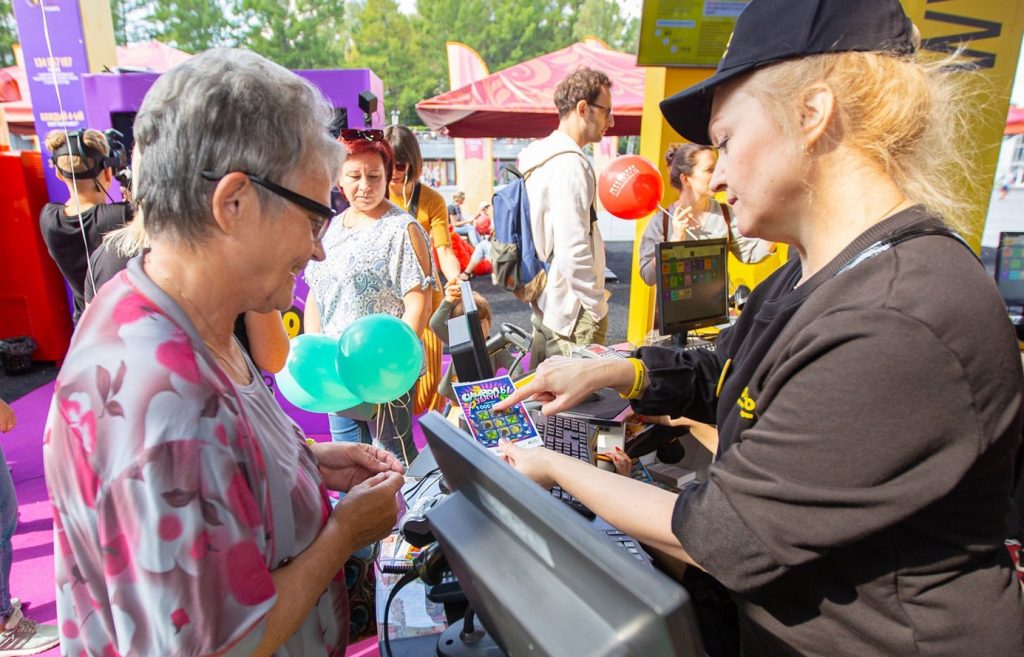
The history of lotteries
One of the most popular ways to spend your leisure time is considered to be playing the lottery. According to CNBC, more than $71 billion worth of tickets were purchased by American lottery fans in 2017. In 2014, the British newspaper The Telegraph reported that more than 72% of adults in England play the UK state lottery consistently.
The first lotteries
But if you read the Old Testament carefully, you will see a mention there that one of the first lotteries was held back in the day. On the west bank of the Jordan River Moses divided the land among his people by drawing lots.
Biblical historians believe that the people were challenged to perform an act and receive a certain reward for doing so.
There are also references to lotteries in the myths of ancient Greece. There is also an account of a case of gold armour and stones being drawn by people from a golden helmet. Although according to the terms of the contest the winner should be entitled to a duel with Zeus, this was only a suggestion. According to some people it was a kind of “winning the lottery” which gave the winner the chance to stay alive or die with honour.
The first ticket sales in Europe were initiated by Emperor Octavian Augustus. From them Rome received funds for the needs of the Roman empire and as prizes were various objects of varying value. Even earlier such a game took place in banqueting halls. Depending on the pieces of wood that the guests pulled out from under the table, they were given gifts.

The Age of Rebirth
Under pressure from the church and clergy, lotteries were banned in the Middle Ages. The excitement for the game emerged during the Renaissance and was sparked by a resurgence of interest in the game. The first raffle, which was held in Bruges by the widow of Flemish painter Jan Van Eyck who wished to commemorate him, is thought to have been held in 1446. Anyone who bought a ticket could take part in the competition. The idea then began to spread to neighbouring towns, which needed funds to strengthen their defences and help the poor. Interestingly enough, the word ‘lottery’ comes from the Dutch language.
The very first Italian lottery was organised in Milan in January 1450. It was set up by the Ambrosian Republic to raise money for the war against Venice. The most popular among the predecessors of the modern Italian lotteries was from the early 16th century to the late 17th century, when the population placed their bets on the results of the every six months elections to the Great Council, which, by drawing lots, chose one of five candidates chosen by the people.
England
During the reign of Queen Elizabeth I in 1569, the first official lottery was held on the English Channel coast. Around 400,000 tickets would be offered for sale, of which 30,000 would take prizes. It was to bring in around £200,000 to the Treasury, needed to rebuild the ports of the British Empire. The prize money was £55,000, including a first prize of £5,000 (£100,000 in today’s money). To boost ticket sales, there was even a temporary amnesty for criminals – they could stay in major population centres for a week to buy a ticket without worrying about possible arrest.
